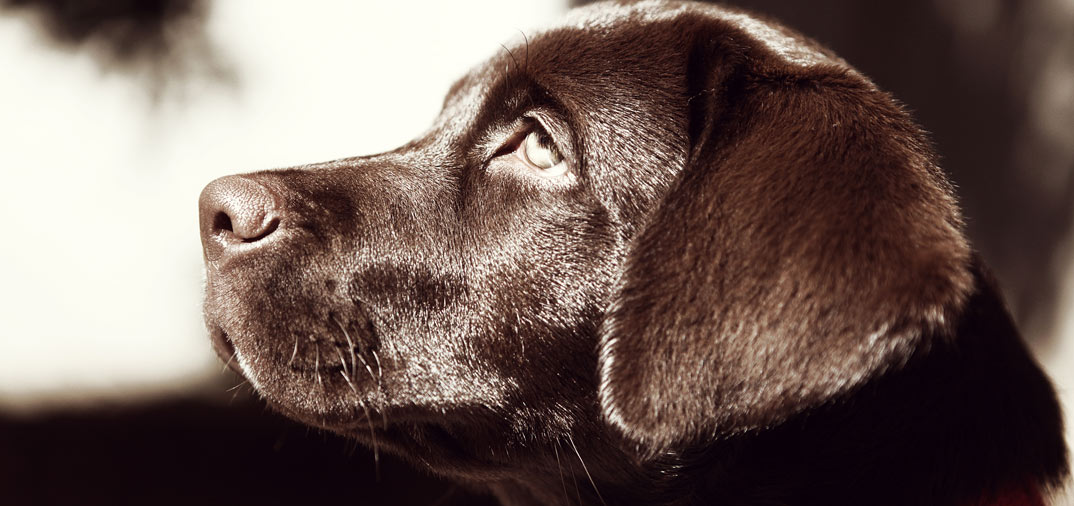“David came running toward Goliath, powered by courage and faith. Goliath was blind to his approach – and then he was down, too big and slow and blurry-eyed to comprehend the way the tables had been turned. All these years, we’ve been telling these kinds of stories wrong. David and Goliath is about getting them right.”
As local pubs take on Wetherspoons, and local cafes take on Costa, and local shops take on Tesco, how should the wholesaler help them be successful?
This is how Malcolm Gladwell ends his short, pacey and myth-busting introduction in his latest book. Gladwell is famous for his ability to capture ideas and tell compelling stories that illustrate them in a way that millions of people take note.
His latest book is a great addition to his previous efforts and is likely to ignite lots of debates about the ability of small businesses to beat large ones. While Coca-Cola may not tremble, for wholesale strategists there is much useful ammunition.
From the start Gladwell juxtaposes interesting stories in ways that challenge how you understand the world. He tells how a dad with no sporting experience turned his 12 year old daughter’s basketball team into an almost unbeatable combination. At the same time he explains how TS Lawrence beat the Turks.
Analysis of all the wars in the past 200 years show that a 10 times bigger country beats the smaller country 71.5% of the time. But if the weaker side uses unconventional tactics its winning percentage climbs from 28.5% to 63.6%.
If the US was to go to war with Canada, “history suggests you ought to put your money on Canada”.
As local pubs take on Wetherspoons, and local cafes take on Costa, and local shops take on Tesco, how should the wholesaler help them be successful? Working hand in glove with the major manufacturers, do you end up reproducing the strategies that work on a national scale? Is it possible to have local advantage?
If One-Stop and WHSmith are successful in harnessing the energy of local entrepreneurs within the framework of a national franchise, how does the symbol group operater compete? Does increasing the margins of members through over-riders linked to giving prime position to national top sellers that are available everywhere really build a long term competitive advantage?
 Gladwell does not tackle such questions directly. His three collections of stories are organised into sections on:
Gladwell does not tackle such questions directly. His three collections of stories are organised into sections on:
- The advantages of disadvantages (and the disadvantages of advantages)
- The theory of desirable difficulty
- The limits of power.
The sort of story in the first section is the US v Canada stand-off.
The second section includes one of the most harrowing stories I have ever read about how Emil Freireich helped find a cure to childhood leukaemia. Apart from crying in public, it taught me about what drives successful people and what to look for in business partners and in people to hold up as examples of success.
The section also provides a glimpse of Martin Luther King as a man prepared to do things that his radical rival Malcolm X was not, the latter saying “real men don’t put their children on the firing line.” But showing at the same time how PR can twist the truth to win a cause.
The third section includes a view of how the British Army was responsible for creating the 30 years of Troubles in northern Ireland. And how a remote French village managed to simply refuse to send Jews to extermination despite the attention of the Nazis.
David and Goliath is a great read. Sometime Gladwell’s theories may be right. Sometime they may not. But that misses the point. The big benefit of the book is to encourage you to think for yourself and not just blindly accept the orthodox view as fact.





Comments
This article doesn't have any comments yet, be the first!